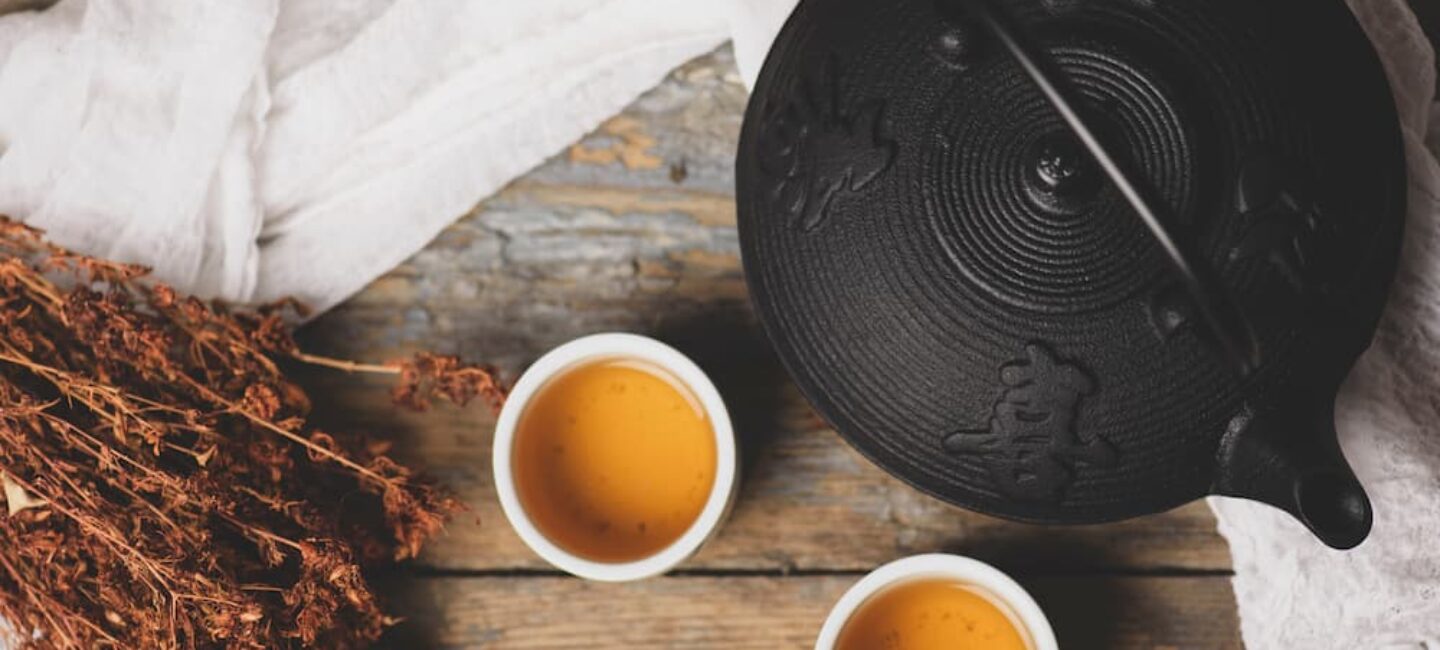
Taking a Bath After a Membrane Sweep: Precautions and Advice

Plants have many beneficial effects for humans—raspberry leaves are a great example for pregnant women 🤰.
May reveals all the benefits (but also the limits!) of raspberry leaves at the end of pregnancy ⬇️.
Good news for herbal tea fans ☕️!
Raspberry leaves are generally credited with the following virtues:
And they’re most often used as an infusion, since it’s the simplest way to consume them.
So, ready to try raspberry leaf tea 🍃?
We won’t lie to you—although this belief is quite widespread, it’s a grandmother’s remedy in the sense that studies on the effectiveness of raspberry leaves for preparing for childbirth are inconclusive.
That said, it’s assumed that raspberry leaves may help prepare for birth by stimulating oxytocin receptors (the hormone of pleasure, love, attachment, and contractions) in the pregnant person’s body to make contractions more effective.
✅ What we do know about the onset of labor is that a true hormonal cascade kicks off at the start of childbirth.
❌ What we don’t know: what gives the starting signal for this cascade—even though we suspect that the baby is the one who sets things in motion!
It’s precisely because they’re thought to set off this mysterious hormonal cascade that methods like ingesting raspberry leaves or other home approaches—like having sex (the famous “Italian induction”) or stimulating the nipples (by hand or with a breast pump)—have a reputation for helping trigger labor… but this is far from consistently effective!
Other natural methods, without necessarily having proven themselves (again), may help through a mechanical action: walking via movement and gravity, eating dates, sage tea that has an effect on the uterus, etc.
💡 All that said, trying by every possible means to provoke labor can be exhausting. To be clear, we totally understand your desire to give birth sooner—and it’s shared by a large majority of pregnant people in the final moments of pregnancy, when the laws of gravity make themselves keenly felt. But it’s also very important to understand that you can’t control everything. It can be good training for learning to let go at the end of pregnancy! It could be an excellent way to prepare for the next chapter of your parenting adventure 😉.
And as always, don’t forget: if you’re worried or struggling with a situation, talk openly with the professional overseeing your pregnancy or with a May midwife available 7 days a week from 8 a.m. to 10 p.m. via our chat.
If you’re interested, you can find it in organic stores or certain para-pharmacies.
You can brew a teapot of raspberry leaves in the morning and drink it regularly throughout the day.
Raspberry leaves have never been associated with any specific risk during pregnancy or while breastfeeding. France’s national health authority stated this in a 2005 report: “The level of evidence in the literature on the effectiveness of herbal medicine is poor. Evening primrose oil, ginger, and raspberry leaves have been studied. Ginger and raspberry leaves are not associated with maternal–fetal adverse effects.”
Want to learn more? Feel free to download the May app, where you’ll find plenty of resources to support and guide you throughout your pregnancy.
Yes, you can continue drinking raspberry leaf tea after childbirth! At that time too, this beverage is thought to have a positive effect on:
Once again, to date, no study has demonstrated the real effectiveness of these supposed benefits…
Here are four other foods and drinks reputed to help kick off labor, even if… nothing is really proven (still and always!):
🪄 Dates: consuming them promotes cervical dilation. It seems this fruit produces an effect in the body similar to oxytocin. However, you need a specific intake: namely 6 dates per day starting from the 36th week. Be careful, though: if you have gestational diabetes, dates will be off-limits.
🌿 Sage tea: sage is also said to trigger contractions!
🌼 Evening primrose oil capsules: this plant may help mature your cervix. Talk to your healthcare professional to know the right amounts to use.
🌶️ Spicy dishes and castor oil have a stimulating effect on the intestines, which could lead to uterine activity (yep, the intestines and uterus are neighbors). Be careful with quantities—castor oil is a powerful laxative: it’s best to discuss it with your healthcare professional before using it.
We’re repeating ourselves, but keep in mind that these techniques are far from foolproof, and your baby will decide the most opportune moment to make their grand entrance…
So, in the end, don’t forget to try to enjoy these last calm days 💟.
You’ve got it: to date, no study has proven the effectiveness of raspberry leaves in preparing for childbirth. Nor have they shown that these leaves have a negative effect on you or your baby, so if you want to run your own experiments at home, why not 😉.
–
Photo: hitdelight
This text was translated from French by an artificial intelligence. The information, advice, and sources it contains comply with French standards and may therefore not apply to your situation. Make sure to complement this reading by visiting the May US/UK app and consulting the healthcare professionals who are supporting you.
These resources might interest you

Taking a Bath After a Membrane Sweep: Precautions and Advice


Coloring your hair while pregnant: what precautions should you take?